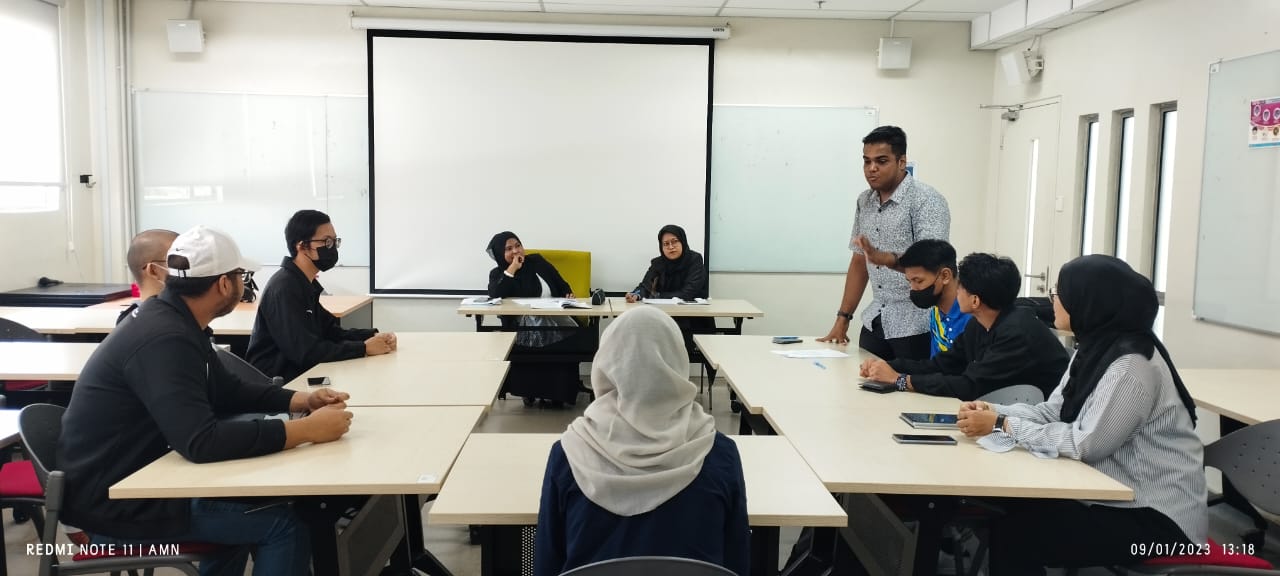Corporate liability through Moot Court in KIAR: Practical experience
The corporate liability provision under Section 17A of the Malaysian Anti-Corruption Commission Act 2009 is designed to ensure that companies are held accountable for any corrupt activities committed by their employees. In the event that a company is found guilty of such offences, they will be fined, their directors and officers will be imprisoned, and other financial penalties will be imposed. Furthermore, the reputation and credibility of the organisation will be adversely affected.
As the course of Kursus Integriti dan Anti Rasuah (KIAR) has been implemented for four semesters, students have gained knowledge and understanding of the importance of ethics and compliance in the workplace. It will facilitate a more ethical and compliant environment in their future workplaces, assisting them in making better decisions when they enter the workforce and acting with integrity. They will also be more aware of the consequences of unethical practices and better equipped to prevent them from happening.
There were few enrolments at the beginning of the course and it has steadily increased over the years. Over time, as more students complete the course, the message of ethical practices is spread, leading to a greater understanding of the consequences of unethical practices and helping to create a culture of prevention.
The Centre for Human Sciences, which delivers this course, has implemented real-life activities for students to gain first-hand experience addressing corporate liability issues with assistance from the Integrity Unit, UMP. The partnership with the legal professionals in the Integrity Unit allows students to get first-hand experience in handling legal matters and assessing the risks that come with them. The moot court activities are designed to simulate a bribery case using hypothetical facts, requiring the students to think strategically and prepare them for real-life situations. The students also learn to work together and present their cases before a judge.
All students are held accountable for the case and assigned the role of prosecutor, defence attorney, witness, or accused person. Students are encouraged to use their critical thinking skills to reach a verdict during the debate, which is heated by provocative challenging facts. All decisions are based on logical reasoning and the evidence presented. The students learn important lessons in justice and morality while engaging in this interactive exercise. The exercise encourages students to take a stance on the issue and consider different perspectives. In view of the way they prepared the defence and analysed the facts and evidence, it is evident that these future engineers are also capable of being part of a legal team. It is anticipated that the KIAR course will succeed with various activities that will give students real-life experience and foster a sense of responsibility.
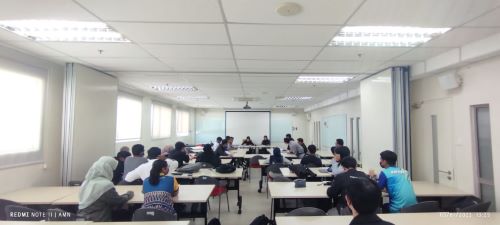
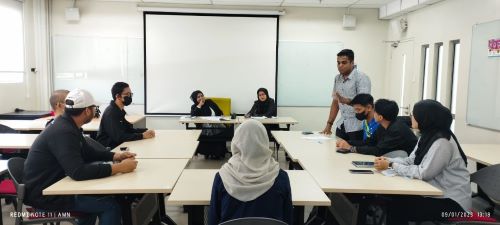
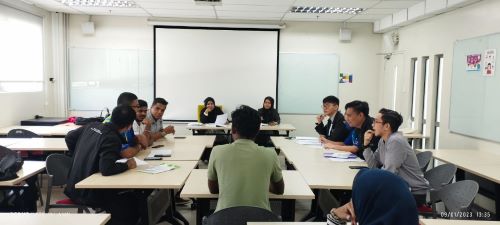
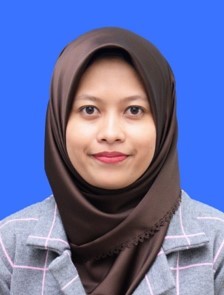
The writer is a lecturer and the course coordinator for Kursus Integriti dan Anti Rasuah (KIAR) UHE3432.
E-mail: hadijah@ump.edu.my
- 229 views


